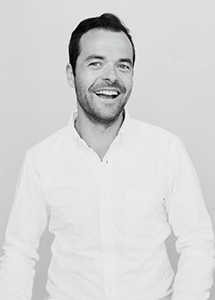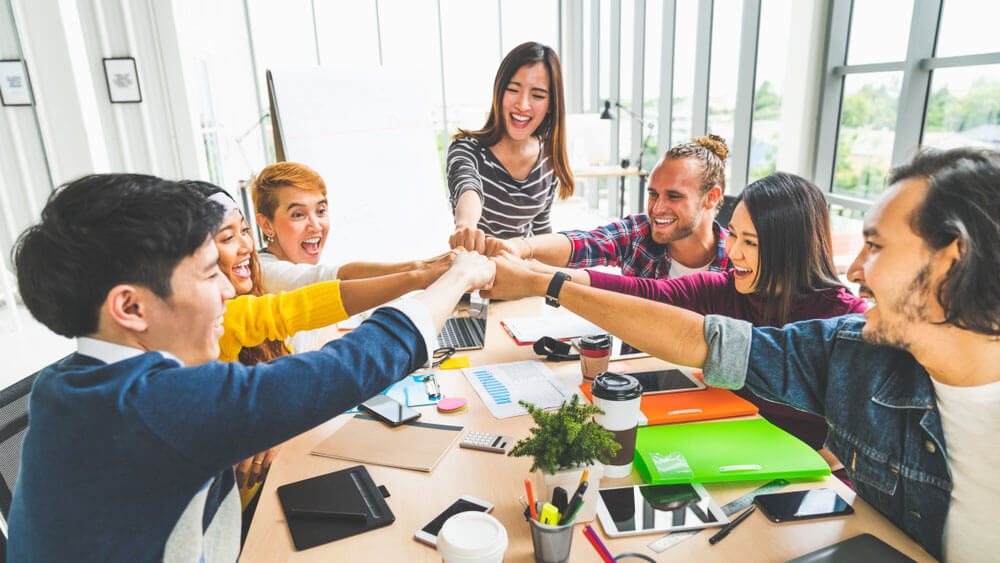Entrepreneur and host of the AIME 2019 Knowledge Program, Fabian Pfortmüller says many event experiences are over-engineered. He outlines how to create meaningful connections.
After studying and building several different communities across the globe I’ve found that communities are both incredibly powerful and magical, but often very poorly understood.

Fabian Pfortmüller
First, we need to ask: Why do people join communities? My feeling is that people join a community — or attend a conference for the first time — usually because they want to learn, they want to be inspired, they want to hear a certain person talk, they want to create something together; some tangible reason.
But my hypothesis is that whatever reason brought them there in the first place, it is often not the same reason that people come back. People keep coming back for relationships, for belonging, for trust. In the long term, genuine relationships have a much bigger pull than any other factor; even a collective impact or learning.
Shared experiences play a critical role in building relationships, however many shared experiences, especially in the meetings and events industry, are over-engineered.
Most events try to entertain people with impressive speakers and flashy presentations, but they don’t really engage them. They miss the point that every participant has a gift, a unique perspective to contribute to the conversation. And the best relationships are built when we don’t show up to be entertained, but to co-create together.
When you construct a shared experience that is full of name tags and big venues it creates a sense of formality and professionalism, and this encourages people to wear masks. They have to show up in a certain way, and if the ultimate objective is to create trust and bring people together, all this excess is a hindrance. It creates a barrier more than it helps.
In my opinion, the most powerful communities work in a decentralised way. If the power is all in one place, people are forced to show up at your event as consumers, instead of contributors. They come in with a mindset of being served and entertained.
I’m often asked: “What is your favourite community-building tool?” And I think people expect me to give an answer based on some sort of software. But my answer is a kitchen table. This is the best community-building tool in the world because all you need for people to share an experience is a place to sit and eat some food together. Everything else is too much.
I believe the future of event planning will be less about organising events, and more about creating and sharing templates that people can use to create their own events.
We have to work together to solve problems as communities, as ecosystems, and I think the event planners of the future will be ecosystem-builders that bring different groups of people together to gather, talk, and learn from each other. That’s what the world needs, and that’s the opportunity for this industry. The meetings industry understands how to bring people together, but it just needs to update its methods. By this I mean it needs to become more human-centric, it needs to care about the humans actually in it.
Fabian Pfortmüller runs COMMUNITY, a strategic advisory firm based in New York that helps organisations understand and build authentic communities. He is the co-author of the Community Canvas, an open-source framework to support community builders across the globe, and is an innovator-in-residence for the Kauffman Foundation.
Pfortmüller will be at AIME 2019 (18-19 February) in Melbourne, Australia.
This article was compiled by staff at Untangled, a Singapore-based content, marketing, and business strategy consultancy.

